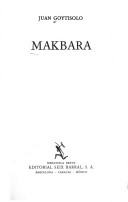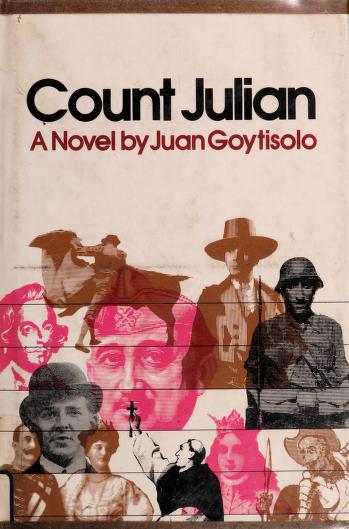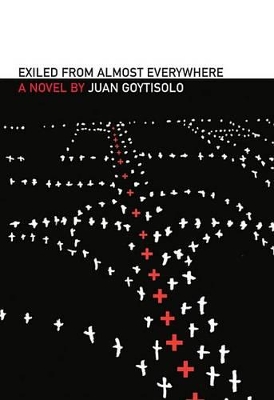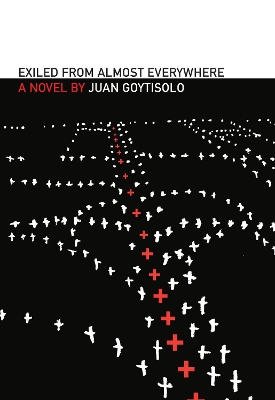Spanish Literature
5 total works
In Arabic, the word 'Makbara' refers to those parts of North African cemeteries where young couples go to get away from their elders and hang out. A celebration of Amour Fou, Makbara reveals Goytisolo's deep love for Arabic culture seen as sensuous and lewd in contrast to the drab...Read more
In Arabic, the word 'Makbara' refers to those parts of North African cemeteries where young couples go to get away from their elders and hang out. A celebration of Amour Fou, Makbara reveals Goytisolo's deep love for Arabic culture seen as sensuous and lewd in contrast to the drab sterility of the West. In a series of scenes, pastiches and travelling shots, Goytisolo exposes cultural, sexual and political oppression. The author's message is of liberation through sex which, as he says, 'is above all freedom'.
Legend has it that Count Julian opened the gates of Spain to the Moorish invaders and introduced eight hundred years of Islamic influence. The narrator dreams of another invasion of his fatherland. Destruction will be total - myths central to the Hispanic psyche will crumble: the myth of the...Read more
Legend has it that Count Julian opened the gates of Spain to the Moorish invaders and introduced eight hundred years of Islamic influence. The narrator dreams of another invasion of his fatherland. Destruction will be total - myths central to the Hispanic psyche will crumble: the myth of the Christian knight always ready to do battle to defend the faith, the myth of the macho male and its inverse the virgin female, and the myth of the heroic Spanish personality forged in the rout of Islam. The hatred of Spain is intense but it is a hatred that recognizes the debt the exile owes to his homeland.
A Spanish exile returns from Paris to his family home in Barcelona. The first volume of Goytisolo's great trilogy which includes Count Julian and Juan the Landless, Marks of Identity is a revealing reflection on exile. Goytisolo comes to the conclusion that every man carries his own exile about...Read more
A Spanish exile returns from Paris to his family home in Barcelona. The first volume of Goytisolo's great trilogy which includes Count Julian and Juan the Landless, Marks of Identity is a revealing reflection on exile. Goytisolo comes to the conclusion that every man carries his own exile about with him, wherever he lives. The narrator (Goytisolo) rejects Spain itself and searches instead for poetry, the word without history. Marks of Identity is a shocking and influential work, and an affirmation of the ability of the individual to survive the political tyrannies of our time.
Spains greatest living novelist takes on the Cyber Age."
In "Exiled from Almost Everywhere," Juan Goytisolo's perverse mutant protagonist--the Parisian "Monster of Le Sentier"--is blown up by an extremist bomber and finds himself in the cyberspace of the Thereafter with an infinite collection of computer monitors. His curiosity piqued, he uses the screens at hand to explore the...Read more
In "Exiled from Almost Everywhere," Juan Goytisolo's perverse mutant protagonist--the Parisian "Monster of Le Sentier"--is blown up by an extremist bomber and finds himself in the cyberspace of the Thereafter with an infinite collection of computer monitors. His curiosity piqued, he uses the screens at hand to explore the multiple ways war and terrorism are hyped in the Hereafter of his old life where he once happily cruised bathrooms and accosted children. Ricocheting from life to death and back again, meeting various colorful demagogues along the way--the imam "Alice," a pedophile Monsignor, and a Rastafarian rabbi--our "Monster" revisits seedy democracies that are a welter of shopping-cities and righteous violence voted in by an eternally duped citizenry and defended by the infamous erogenous bomb. At once fantastical and cruelly real, "Exiled from Almost Everywhere" hurtles the reader through our troubled times in a Swiftian series of grisly cartoon screenshots.




